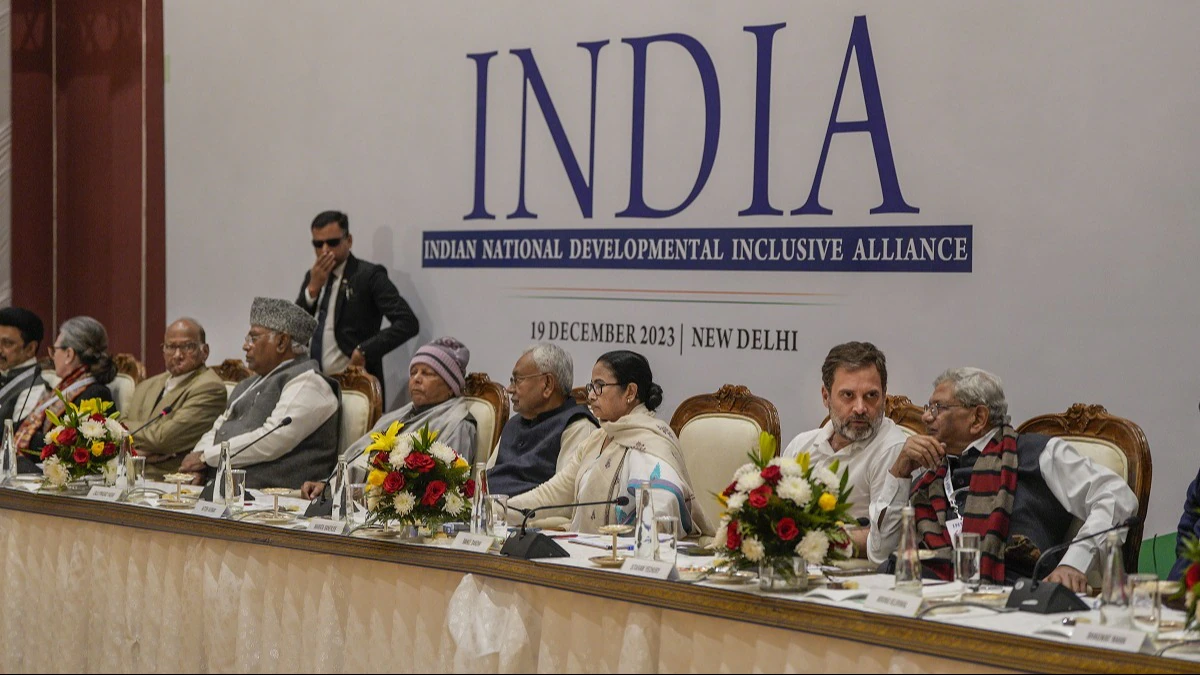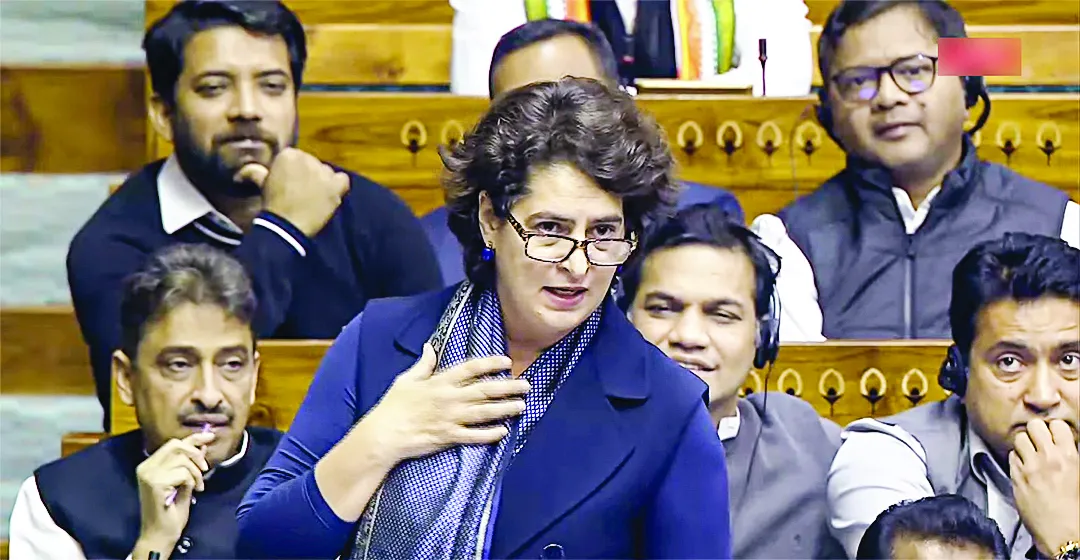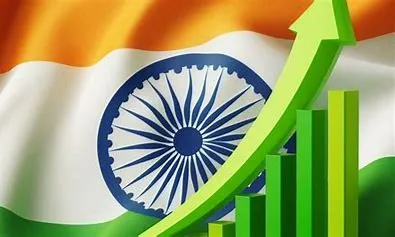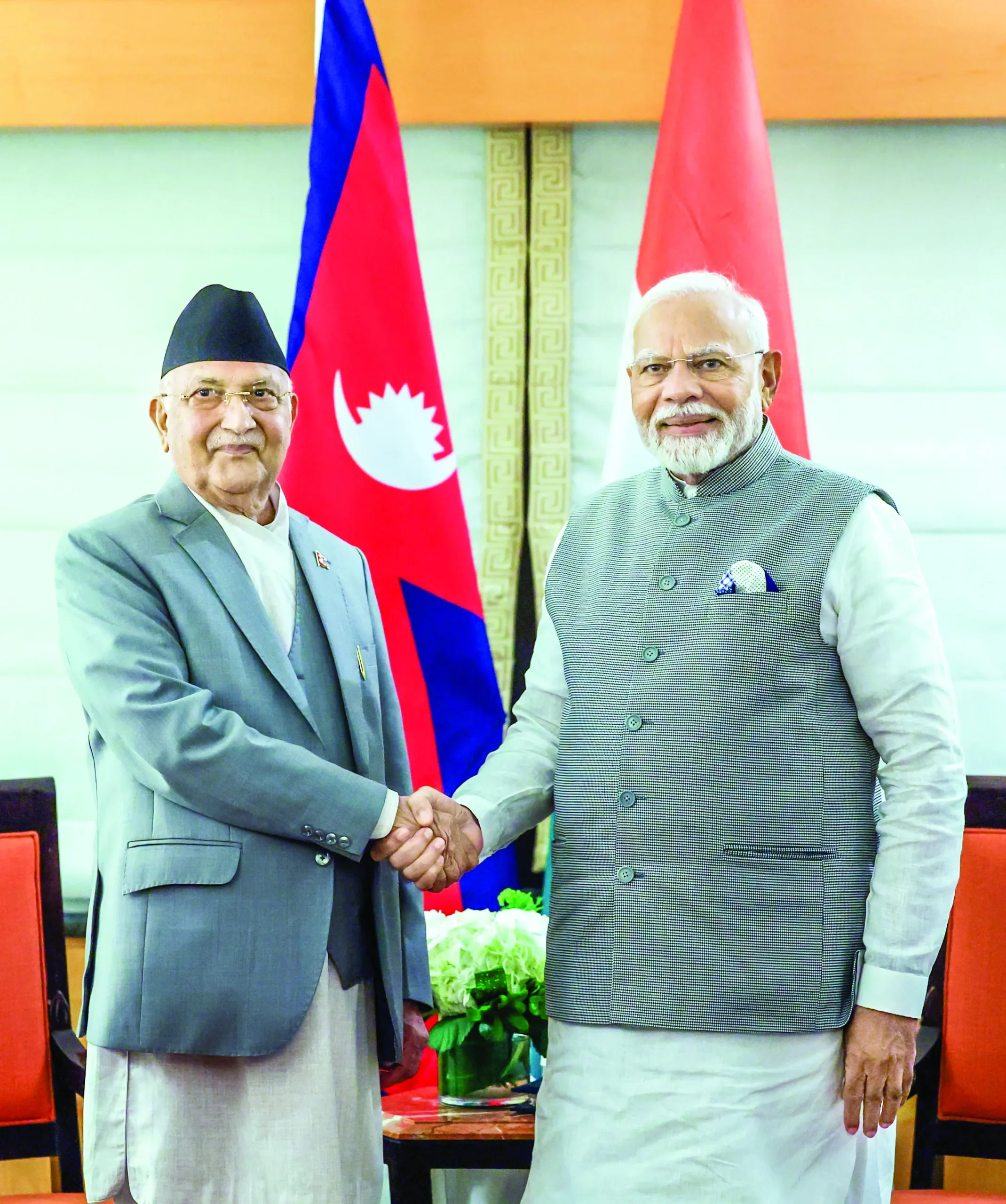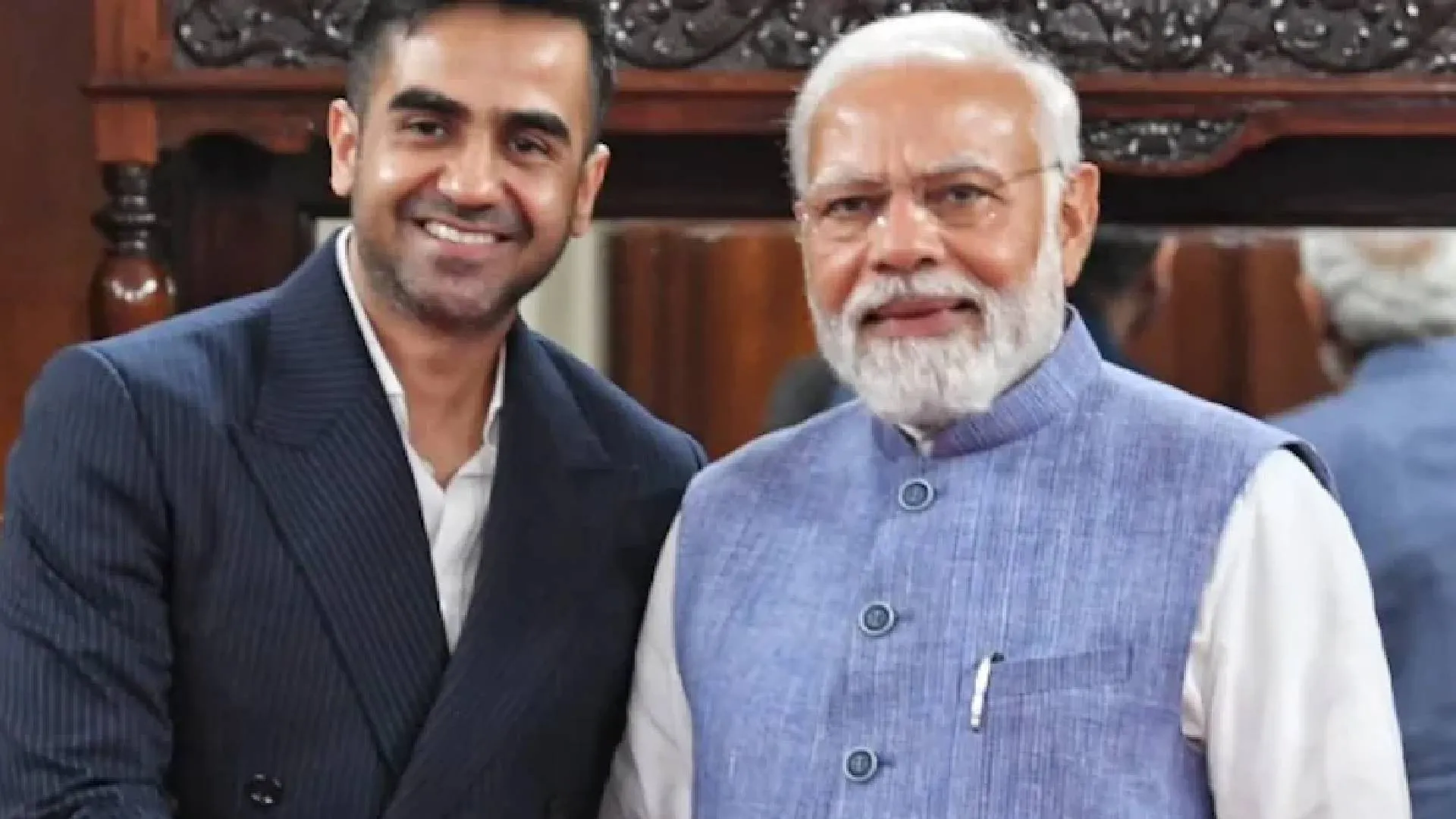Constituents of the I.N.D.I.A Bloc may have confused voters in several regions by their electoral posturing, but even the BJP is finding it hard to deal with the resultant narrative.
In fact, while facing different parties, the BJP is being forced to change its tactics. For instance, in Bengal, the Trinamool Congress is the dominant party in the fray, and its allies, the Congress and the Left Front, are in some seats contesting against its nominees.
Simultaneously, the BJP is also attempting to wrest sizable seats, but finds itself dealing with more than one opponent. For instance, there are a few seats, where the BJP’ has to face Trinamool, CPM and the Congress.
Thus, while its main attack has been on Chief Minister Mamata Banerjee and her party, the party while countering the Congress and the Left, is unable to keep its focus due to these political distractions. Ideally speaking the Saffron Brigade would have been more comfortable in being engaged in a direct fight with the Trinamool and its nominees, so it could have reaped political dividends from the anti-incumbency vote against the ruling dispensation in the State. However, what is happening is that the anti- Trinamool vote has got divided into three parts thus giving an advantage to Mamata and her colleagues.
While nationally, many channels would try to project the political battle in Bengal as a fight amongst allies, the reality is that strategically, it is creating confusion in the political landscape. This paradox could perhaps be helping the Trinamool and the other two parties and if this assumption is indeed true, it is the BJP which is going to be impacted adversely in these contests.
The Saffron Brigade had performed impressively in the 2019 polls and is hoping to better its record this time. In the emerging scenario, it shall have to do a lot of figuring out of how to deal with multi-cornered contest in order to strive for the objective set by its central leadership. In adjoining Bihar, the BJP is comparatively in a comfortable position so far as seats being contested by it are concerned. However, the problem is on the constituencies being fought by allies such as Janata Dal (United) where the INDIA bloc could upset some calculations.
The problem which the BJP could face would be on account of its coalition partners and if the JD (U) is unable to hold on to its seats, the overall calculations regarding the tally would be affected. The BJP is not the only one which is suffering because of its alliance.
The Left front in Kerala is on the backfoot with the Congress and its partners making deep inroads. Top leaders have been upset with the Congress High Command for its attacks on the Kerala leadership and have been wondering why Rahul Gandhi, for instance, was gunning for Pinarayi Vijayan instead of the BJP. It is obvious that in that State, the Congress considers the Left as its main adversary, and the BJP is virtually nowhere.
Besides, being in alliance at the national level, each party has to also ensure that its own presence is not diminished in any manner.
There is an existential crisis many parties are facing and the contests are reflecting their attempt to remain relevant. In Punjab, the Congress and the Aam Aadmi Party (AAP) who are fighting the elections together in Delhi, are pitted against each other. Both these parties have a sizable following in the border state and with the Akali-BJP alliance over, the contest is essentially been reduced to these two.
Thus, the bulk of the 13 seats would be shared by the AAP and the Congress with others being relegated to the background. Yes, it is true that the Akalis under Sukhbir Singh Badal have regrouped and are expected to do better than many believe, but it not going to be an easy path. The Akali-BJP alliance was very formidable but its break-up has left both in a weakened state, though the Panthic party is surging ahead in some areas. The failure of talks between these two parties has left many BJP nominees in a vulnerable position. In Uttar Pradesh, the INDIA bloc parties are back in the fight in certain areas but by and large, it is the BJP which is the dominant force. Things could have been slightly different, if Mayawati and the BSP, had contested along with the other opposition parties.
Mayawati is keeping her options open but her present status is going to help the BJP in the long run. In Tamil Nadu, the DMK and the Congress appear to be in a comfortable position.
However, the anti-Sanatan posturing by certain Dravidian leaders could harm the grand old party in other places. Maharashtra is a classic case, where two former allies, the BJP and the Shiv Sena, which had both benefitted from their association in 2019, are contesting the polls separately. If there was a united Shiv Sena the last time, it’s two factions are in the fray this time, facing each other. The same is happening with the Nationalist Congress Party which underwent a split.
One faction is with the BJP and the other is a part of the Maha Vikas Aghadi. The outcome is that the new formations shall be fully tested by the voters and thus the outcome may throw up a few surprises. Politics is therefore an unpredictable and interesting game where there are no permanent friends and enemies. Politics has its own logic and own illogic as well.

